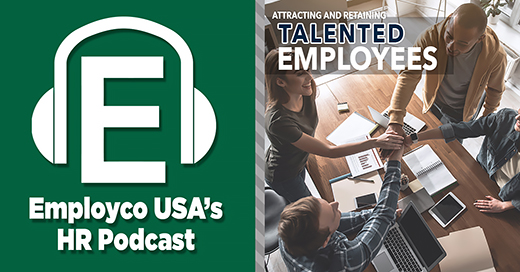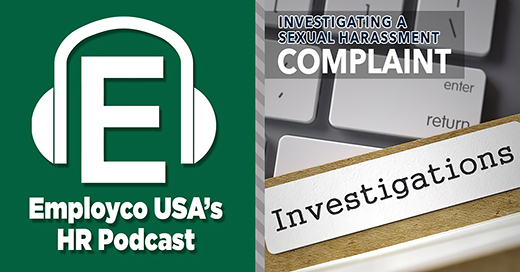H.R. expert explains why the corporate opinion on criminal backgrounds is changing, and what it means for employers
 A recent survey of Illinois employers found that companies are more open to hiring those with a criminal past than ever before.
A recent survey of Illinois employers found that companies are more open to hiring those with a criminal past than ever before.
Additionally, many states are changing previous regulations which prevented convicted criminals from working in certain fields.
“In Illinois, for example, lawmakers have made 100 occupations newly available for those with a criminal background, such as jobs in real estate and accounting,” says Rob Wilson, President of Employco USA, a national employment-solutions firm. “With these legal stipulations out of the way, many employers are looking at such candidates in a new light.”
But, is it wise for employers to take such a risk?
“When it comes to criminal backgrounds, you really have to be judicious in considering what the offense was, how long ago the crime occurred, as well as what position you are hiring the candidate for,” says Wilson. “Clearly, hiring someone with a string of drug offenses to work in a pharmacy environment or veterinary clinic could be problematic, but alternately, a person in recovery could thrive in other positions such as customer service or data entry.”
Wilson says that there is no guarantees when hiring an employee, even those without a criminal background.
“It’s easy to assume that just because a person has a criminal background, they should be avoided or looked at suspiciously, but if the crimes were in the past and they have paid their debt to society, then it is possible to consider that these people may be excellent candidates for employment,” says Wilson. “Yet proceed with caution, we recommend all employers conduct a criminal background screen prior to hiring an employee – and, make sure you are well-versed in what the crime was and what that could mean for your company.”
For more on this topic, please contact Rob Wilson at rwilson@thewilsoncompanies.com.

 A
A 


 A WeWork employee recently came forward to state that she was fired after reporting rampant sexual harassment in her workplace. In her lawsuit, it is alleged that the $20B co-working company spent more on parties than on sexual harassment training, and that a ‘frat-boy culture’ permeated the offices.
A WeWork employee recently came forward to state that she was fired after reporting rampant sexual harassment in her workplace. In her lawsuit, it is alleged that the $20B co-working company spent more on parties than on sexual harassment training, and that a ‘frat-boy culture’ permeated the offices.
 More than
More than  “Shark Tank” star and billionaire Mark Cuban is in hot water after accounts of sexual harassment and violence within the Dallas Mavericks came to light in recent weeks. Although Cuban has faced the charges head on, even going so far as to pledge $10M to domestic violence charities, some question whether Cuban can recover…or, if the Dallas Mavericks’ workplace will ever truly be safe for women.
“Shark Tank” star and billionaire Mark Cuban is in hot water after accounts of sexual harassment and violence within the Dallas Mavericks came to light in recent weeks. Although Cuban has faced the charges head on, even going so far as to pledge $10M to domestic violence charities, some question whether Cuban can recover…or, if the Dallas Mavericks’ workplace will ever truly be safe for women. A
A